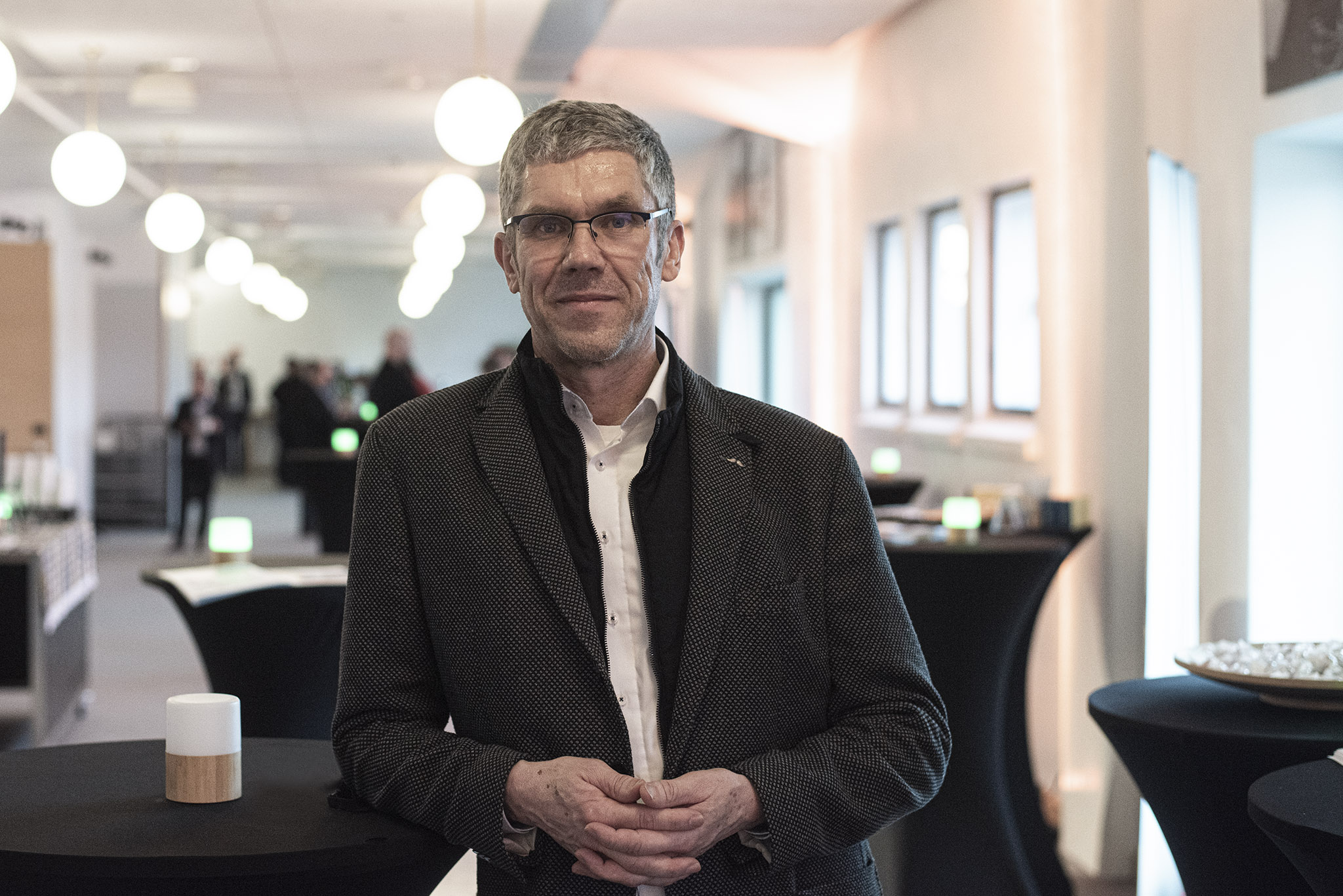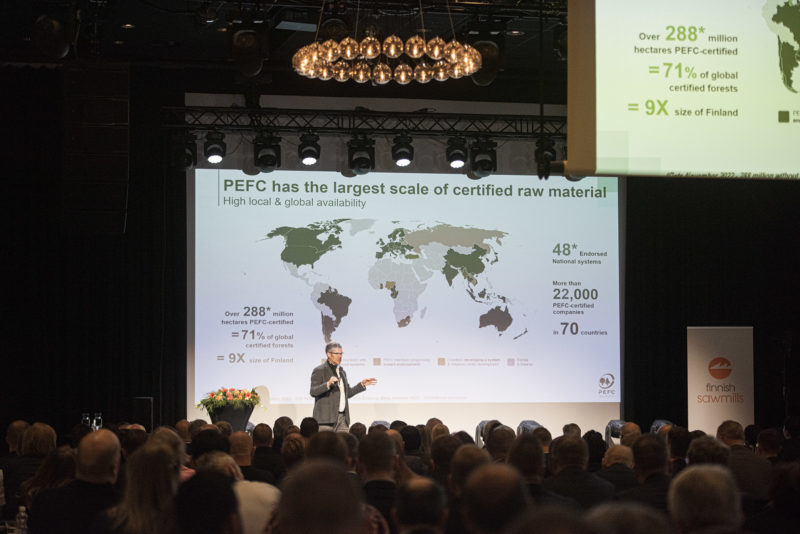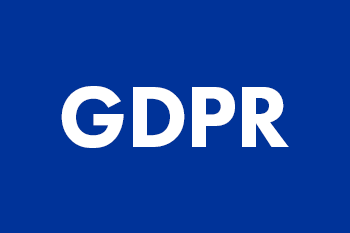
In a country like Finland, the economic issues related to forests cannot be overlooked, though environmental issues are also important, says Michael Berger, Secretary General/CEO of PEFC, in connection to his visit to Finland.
Michael Berger, Secretary General/CEO of the PEFC forest certification system, speaks of Finland in courteous phrases. He visited Finland in February.
‘I have seen incredible people, colleagues from PEFC Finland. They have organized a fantastic programme,’ says Berger, who started as Secretary General in June 2022.
PEFC (Programme for the Endorsement of Forest Certification) is a forest certification system operating in 48 countries that promotes ecologically, socially and economically sustainable forestry.
Among the people Berger met in Finland were Minister of Agriculture and Forestry Antti Kurvinen (Centre Party) and Terhi Lehtonen, State Secretary for Minister of the Environment and Climate Change Maria Ohisalo (Green League).
‘Two things surprised me,’ Berger says.
Both surprises concerned the visits to ministries. Berger mentions that he discussed the definition of sustainability with Minister Kurvinen. He was surprised at how well the minister’s opinions matched those of PEFC as regards to sustainable forest management.
’In case he [Kurvinen] ever needs a job, he can work for PEFC. He described sustainability in exactly the way that PEFC sees its role. It is not enough just to look at the economic dimension or at environmental issues. In a country like Finland that depends on forests, you can’t simply pay attention to environmental issues and forget the economy. This was the key thing in our discussion,’ Berger says.
Berger also found his meeting with State Secretary Terhi Lehtonen interesting, though from a different perspective.
‘There were a little bit more critical questions about PEFC, such as concerns about the credibility of sustainability. It was very fascinating,’ Berger says.

We perceived these things differently, but the discussion was very constructive. We really exchanged views and they listened to our opinion, to our colleagues at PEFC Finland who have just completed the standard revision,’ Berger continues.
The most recent revision of the Finnish PEFC standards was adopted towards the end of 2022. The requirements for the principal nature management measures in forestry are now stricter. More thickets must be preserved and forests with a mix of tree species must be favoured. The number of living and dead retention trees must be doubled. If a site does not contain the required volume of deadwood, high stumps must be left. Requirements related to water bodies were also made stricter.
’We work for the health of forestry, ecosystem, local economy and employees,’ Berger lists.
According to Berger, the key concern at the Ministry of the Environment is that the PEFC will not be able to safeguard biodiversity and sustainable forestry.
A key argument that we use is that PEFC has an incredible strategic advantage over any political initiative. We have a link between the development of rules and the implementation on the ground. When politicians impose rules on the use of forests, there are often difficulties in implementing and enforcing them.
’They feel that we should do more. This is typical of the discussions we have with more environment-oriented stakeholders. A key argument that we use is that PEFC has an incredible strategic advantage over any political initiative. We have a link between the development of rules and the implementation on the ground. When politicians impose rules on the use of forests, there are often difficulties in implementing and enforcing them,’ Berger says.
“Forests are a hot topic in the debate”
Over 90% of Finland’s commercial forests are certified under PEFC, while about 10% are certified under FSC. This does not mean that Finnish forests are 100% certified, since a forest farm may be certified under both systems.
I heard that there will be a parliamentary election soon and forests are a hot topic in the debate. There are many things that different people would like to do in ways that they think are better.
Globally, and also including FSC certified forests, only 13% of forests are certified.
Berger does not want to express an opinion on the state of Finnish forests.
’I heard that there will be a parliamentary election soon and forests are a hot topic in the debate. There are many things that different people would like to do in ways that they think are better. PEFC has put a lot of effort into creating standards that go further than legislation. I am confident that dialogue between the different stakeholders can lead to a sustainable level of forestry in Finland,’ Berger says.
EU will have a massive impact
As for the forest-related regulation in the European Union, Berger says it will have a ’massive’ impact on PEFC’s work There are three focal points: the renewable energy directive, the regulation on forest loss and ’closer-to-nature’ certification.
We try to adjust our standards in such a way that forest owners and certified companies can get top service.
’This is why we have a representation in Brussels. We try to adjust our standards in such a way that forest owners and certified companies can get top service. If you comply with the PEFC requirements you can sell wood to the energy sector. This is a self-evident element of the PEFC strategy,’ Berger says.
The volume of certified timber has decreased globally since Russia’s attack on Ukraine. The timber produced in Russia and Belarus, who are members of PEFC, was defined as conflict timber. The situation is not about to change, at least not before the war ends.
’Let’s just hope that the situation will soon change,’ Berger says.
